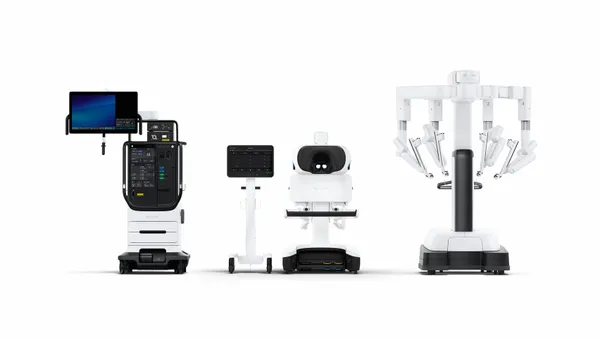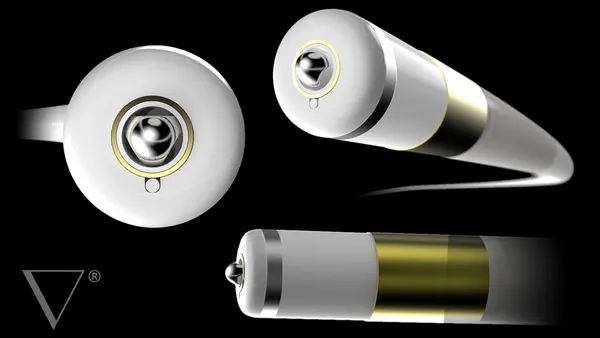Dive Brief:
-
Haemonetics struck a deal to sell its blood filter manufacturing plant in Puerto Rico to GVS, an Italian company that manufactures and distributes filters and components, and entered into a long-term supply agreement with the new owner, the company disclosed Wednesday.
-
The transaction comes days after the producer of blood collection and separation devices revealed plans to offload some of its software assets to GPI Group, an Italian company that focuses on health IT.
-
Haemonetics' CFO and head of investor relations spoke with analysts at Jefferies this week as part of the firm's virtual healthcare conference. The analysts concluded the divestitures aren't necessarily indicative of strategic shifts, and predicted the company will bounce back from its current COVID-19-related difficulties in 2021.
Dive Insight:
Last month, Haemonetics said it was preserving cash in anticipation of a “protracted recovery” from COVID-19. Disruption to life in North America, which accounts for 93% of Haemonetics’ plasma sales, and other markets drove collections down 25% to 30% in April, leading the company to opt against issuing financial guidance for the full year.
Since then, Haemonetics has disclosed deals to divest two sets of assets. The most recent transaction covers the sale of a facility that makes blood filters. Filtration specialist GVS is set to buy the production plant and associated manufacturing equipment for an undisclosed fee.
With employees who currently work at the facility transferring to GVS, the plant will continue to ship filters for use in Haemonetics’ devices under a long-term supply agreement. Haemonetics already sources some products from GVS.
The deal, which Haemonetics framed as part of its “asset-lite approach,” comes shortly after news of another divestiture. In the earlier deal, Haemonetics agreed to sell software used by blood collection centers to perform tasks including donor recruitment to GPI. Once the deal closes, GPI will merge the assets with those of Hemasoft to expand its U.S. offering.
Haemonetics is set to retain some blood center software, mainly products sold internationally, but is largely exiting a sector that has caused it difficulties in recent years. Between 2017 and 2020, sales fell by 63%. Analysts at Needham think Haemonetics is right to retreat from the sector.
“While small, we believe the transaction makes strategic sense since it should allow [Haemonetics] to focus more on its growth drivers including its Plasma and Hospital businesses,” a May 29 note to investors said.
Those growth drivers are facing near-term headwinds. Analysts at Jefferies think plasma volumes may have improved “modestly” from the 25% to 30% drop Haemonetics suffered in April, supporting the view that the recovery from COVID-19 will take time.
The prospects for Haemonetics may be brighter in the medium term. As the Jefferies analysts see it, Haemonetics could benefit from two tailwinds that will enable it to achieve mid-teens growth in kit volumes in the coming quarters. Firstly, immune globulin products remain in short supply.
“FDA's latest biologic drug shortage notice continues to show that the bulk of Ig products remain on back-order. With plasma donations trending down in the US due to CV-19, plasma fractionators are aggressively drawing down frozen plasma inventories to fill the gap. Looking ahead to 2021, the combination is going to further limit Ig supplies which in turn will accelerate the need for higher collection volumes; this is bullish for [Haemonetics’] plasma kit outlook,” the analysts wrote.
The analysts expect that tailwind to be bolstered by the surge in unemployment. Historically, when unemployment soars plasma donations go up as it provides a source of income for people at a time when paid work is scarce.












